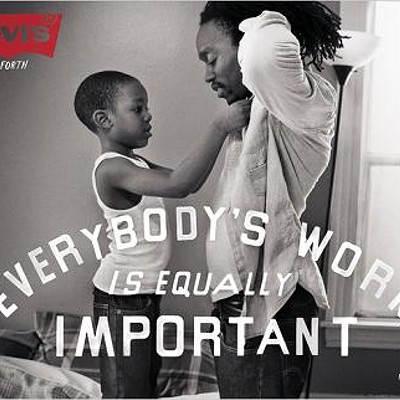Thursday, June 24, 2010
City Council: the fear of fear itself
Yesterday's Tribune-Review had a story illuminating city council's recent hostility toward the Citizens Police Review Board. And by a strange coincidence, I had a column out the same day covering some of the same ground. Once again, in other words, I march in lockstep with the minions of Richard Mellon Scaife.
There's a reason city council has pushed the review board to ease up on looking into last year's G-20 summit. Both stories report that councilors were given a warning by the city law department. If the review board turns up material that could weaken the city's defense, councilors were told, the city could lose a multi-million-dollar insurance policy covering police actions during the event.
The Trib story, however, adds a note that I didn't have space to get into. Councilors aren't just worried about the city's bottom line. They are afraid for their personal bank accounts too. Some councilors, it seems, are fretting that they may be held personally liable for any civil-rights judgments.
As the Trib quotes Theresa Kail-Smith saying, "We could lose our homes over this. If we don't have insurance, then [the liability] falls to us."
I have heard this misgiving expressed by other city officials as well. And on paper, at least, there's something to it.
An action against the city will likely allege a civil-rights violation under section 1983 of the federal civil-rights law. That section asserts
Every person who, under color of any statute, ordinance, regulation, custom, or usage ... subjects, or causes to be subjected, any citizen ... to the deprivation of any rights, privileges, or immunities secured by the Constitution and laws, shall be liable to the party injured
Put simply, if you use government authority to violate someone's civil rights, you can be held personally liable. Which is what Kail-Smith and others seem to be afraid of.
But things are not that simple. Or that scary.
As a whole slew of court cases has established, it's hard to sue government officials in their personal capacity -- especially when they are legislators whose actions are limited to casting votes and other official business. Among the precedents, for example, is Tenney v. Brandhove, a 1951 U.S. Supreme Court decison. (This case involved a state legislature rather than a local government, but the principle is similar. And anyway, the ruling includes the priceless observation "One must not expect uncommon courage even in legislators.")
The court held that legislators should be "immune from deterrents to [carrying out] their legislative duty" -- not for their own sake, but for the sake of the people they represent. What if an official was looking over his or her shoulder every time a vote came up, worried that an aggrieved citizen could take away the councilor's home? That would deny the rest of us adequate representation by our officials. It would result in legislative paralysis, or even silly non-binding resolutions urging paralysis on others.
That's not to say a city councilor could never be held personally liable. Truly flagrant abuses could result in personal liability.
But in this case, "[I]t is extraordinarily unlikely -- extraordinarily far-fetched -- that council members will be held liable," says Joseph Mistick.
Mistick ought to know: He's a Duquesne University law professor, and a former city of Pittsburgh official during the administration of Sophie Masloff. And though he's been around for decades, "I can't remember any case like this in which it went to personal assets.
"We've seen a series of police-brutality cases" over the years, Mistick points out. "But I don't see how they've affected members of council personally." Hell, council just voted to settle two police-misconduct cases earlier this month. And while the ACLU has already filed suit against the city on behalf of two plaintiffs, no members of city council are included as defendants.
So what's going on here? It's simple, Mistick surmises.
"Someone is trying to scare the hell out of council members. And obviously, they have."
Tags: Slag Heap










